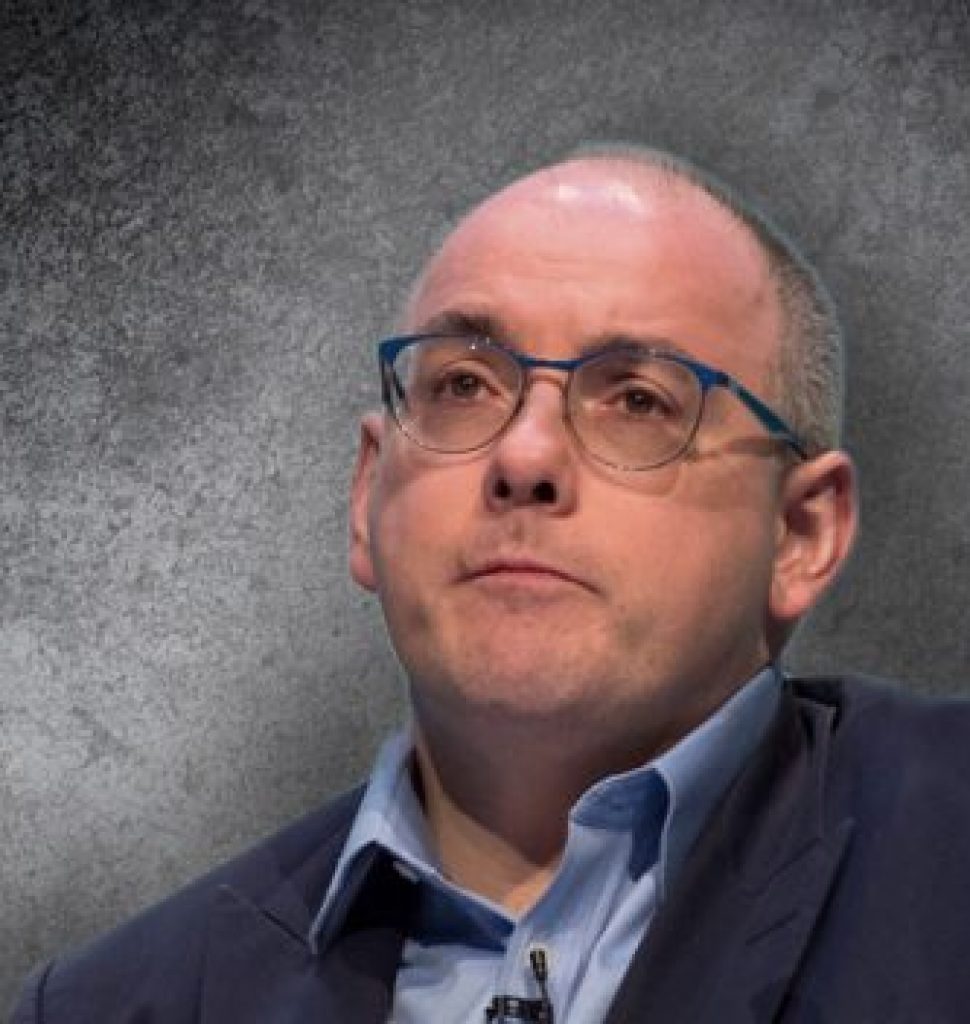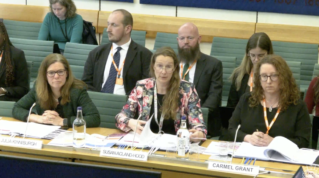Students will be offered special treatment if they cannot undertake T Level industry placements owing to Covid-19, a senior Department for Education official has said.
This could mean students receiving a certificate for the qualification without having
spent any time on an industry placement.
The department’s deputy director for T Level delivery Stella Pearson told a Westminster Education Forum this week that there were a “small number of learners” from the first wave of T Level learners who are yet to find a placement.
But she said that there are not many providers with more than perhaps two or three gaps in placements and added that this was changing day-by-day. “We are obviously having a think about what we will do if there are some students who haven’t been able to get a placement because of the situation created by the pandemic.”
Pearson added: “We are clear that there will be no students who lose out on their T Level because of this situation that we’re in. It’s out of their control.”
Since her comments, a DfE spokesperson insisted data they have gathered shows “all” T Level students who started in 2020 “will complete the majority of their placement hours by the end of the academic year”.
They added that they expect the short-term measures introduced this year will ensure that all 2020 students undertake an industry placement.
Government needs to ‘rocket boost’ T Levels, Halfon says
Government guidance on T Levels states providers have the discretion to allow students two years after their T Level to complete any component of the qualification that is unfinished, namely the mandatory 315-hour placement.
Pearson’s comments have had a mixed reaction from the sector, with the Association of Colleges senior policy manager Cath Sezen calling DfE flexibilities, which also include allowing students to complete part of their placement virtually, “a welcome recognition of the current challenges”.

However, she called for flexibilities to be extended in sectors such as digital “where there will be more remote working in the future”.
Chair of the Commons education select committee Robert Halfon called it “disappointing to hear some of the first cohort of T Level students may not be able to fully complete the industry experience the qualification promises, especially if this has resulted from the disruption caused by the pandemic”.
This, he said, “highlights the need to factor in potential Covid-related contingencies when designing the practical elements of these qualifications”.
Halfon called on the DfE to “fulfil its ambition to rocket-boost the skills agenda by ensuring T Levels can work for every learner,” with a nation-wide team liaising with businesses to ensure employers in every region can support industry placements.
Pandemic has ‘exacerbated challenges’ of securing T Level placements
Exeter College principal John Laramy, whose college began delivering T Levels last year, told FE Week he “welcomes any additional strategic support as T Level numbers grow.
“Clearly the pandemic has exacerbated the challenge of securing sufficient high-quality industrial placements, made even more difficult in health, due to the additional requirements related to vaccinations.”
The fluctuating Covid-19 situation has impacted on the supply and running of industry placements and forced providers of the early years educator T Level to postpone placements for their students at the start of this year.
The Institute for Apprenticeships and Technical Education introduced a flexibility around that time, reducing the minimum number of placement hours for the early years qualification from 750, already longer than the 315 required for other T Levels, to 415.
Suzanne Straw, education to employed lead for research organisation NFER, wrote for FE Week in July last year, that the pandemic had “intensified pre-existing challenges in securing industry placements,” exacerbating anxieties in the sector about accommodating them.

















Your thoughts